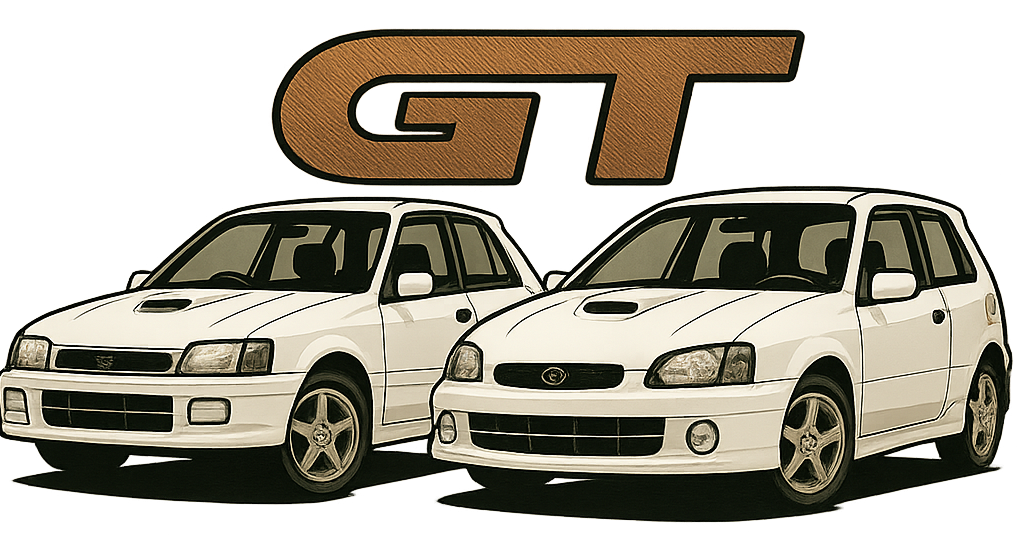Chris@CCM
Member +
Detonation
Detonation is said to occur when the air and fuel mixture in your engines cylinders explodes, or detonates, rather than burning smoothly. This exploding mixture can cause serious engine damage e.g. damaged spark plugs, melted pistons and melted valves. So it's definitely something that must be stopped. Below is a brief explanation of detonation - it's not meant to be a full in depth article, just a guide.
Detonation can be caused by a large number of things, but they can be put into 2 classes:
Pre-ignition of the air+fuel mixture
Excessive peak cylinder pressure for the fuel used
Pre-ignition can be caused by hot spots in the combustion chamber - this can be the spark plug tip, glowing carbon deposits or other hot spots. This cause of detonation isn't very common in modern engine as they run fairly clean, with minimal deposits. Spark plugs are often changed to a lower heat grade - this helps conduct heat away from the plug tip which reduces the chance of pre-ignition.
Excessive cylinder pressure for a given fuel can cause detonation. Excessive peak cylinder pressure can be caused by:
Ignition timing too advanced - peak cylinder pressure occurs too early in the engine cycle and causes detonation
Air + fuel mixture too lean - a lean mixture burns faster than a richer mixture, this can also cause peak cylinder pressure to occur too early
Effective compression ratio (CR) too high - if the static CR is too high, or you are running too much boost, detonation can occur.
Fuel plays a big part in detonation. Different fuels have different resistance to detonation. This resistance to detonation is measured and a fuel is given a RON or MON rating. A fuel with a higher RON or MON rating will be more resistant to detonation. Normal unleaded has a rating of 95 RON (Research octane number), super unleaded is 97 RON and Optimax is about 98 RON. Tesco Have just started to sell 99 RON fuel - I've used this and it seems to be more resistant to detonation than Optimax, and usually cheaper.
i took this from a site i did not write this my self
Detonation is said to occur when the air and fuel mixture in your engines cylinders explodes, or detonates, rather than burning smoothly. This exploding mixture can cause serious engine damage e.g. damaged spark plugs, melted pistons and melted valves. So it's definitely something that must be stopped. Below is a brief explanation of detonation - it's not meant to be a full in depth article, just a guide.
Detonation can be caused by a large number of things, but they can be put into 2 classes:
Pre-ignition of the air+fuel mixture
Excessive peak cylinder pressure for the fuel used
Pre-ignition can be caused by hot spots in the combustion chamber - this can be the spark plug tip, glowing carbon deposits or other hot spots. This cause of detonation isn't very common in modern engine as they run fairly clean, with minimal deposits. Spark plugs are often changed to a lower heat grade - this helps conduct heat away from the plug tip which reduces the chance of pre-ignition.
Excessive cylinder pressure for a given fuel can cause detonation. Excessive peak cylinder pressure can be caused by:
Ignition timing too advanced - peak cylinder pressure occurs too early in the engine cycle and causes detonation
Air + fuel mixture too lean - a lean mixture burns faster than a richer mixture, this can also cause peak cylinder pressure to occur too early
Effective compression ratio (CR) too high - if the static CR is too high, or you are running too much boost, detonation can occur.
Fuel plays a big part in detonation. Different fuels have different resistance to detonation. This resistance to detonation is measured and a fuel is given a RON or MON rating. A fuel with a higher RON or MON rating will be more resistant to detonation. Normal unleaded has a rating of 95 RON (Research octane number), super unleaded is 97 RON and Optimax is about 98 RON. Tesco Have just started to sell 99 RON fuel - I've used this and it seems to be more resistant to detonation than Optimax, and usually cheaper.
i took this from a site i did not write this my self
